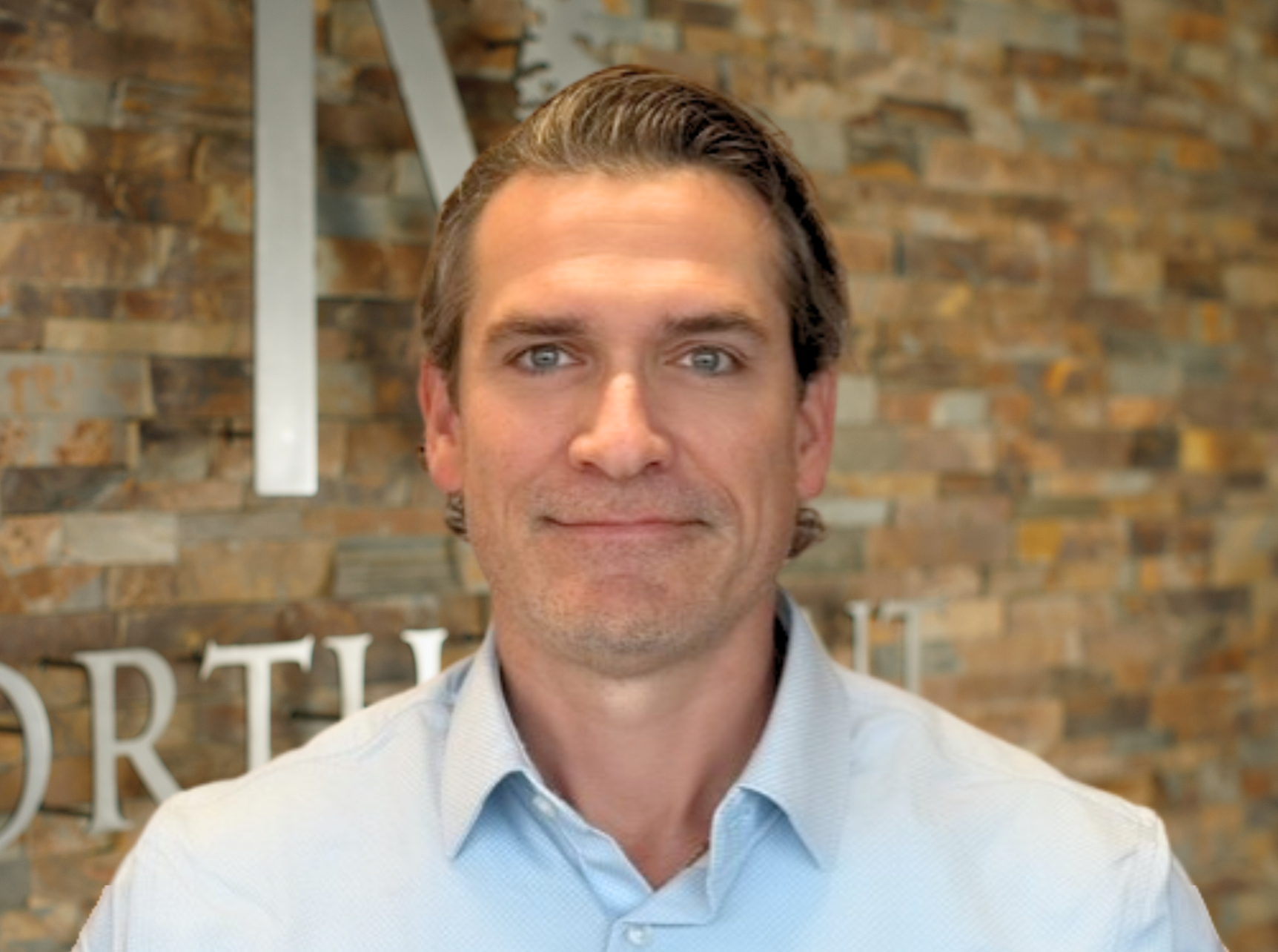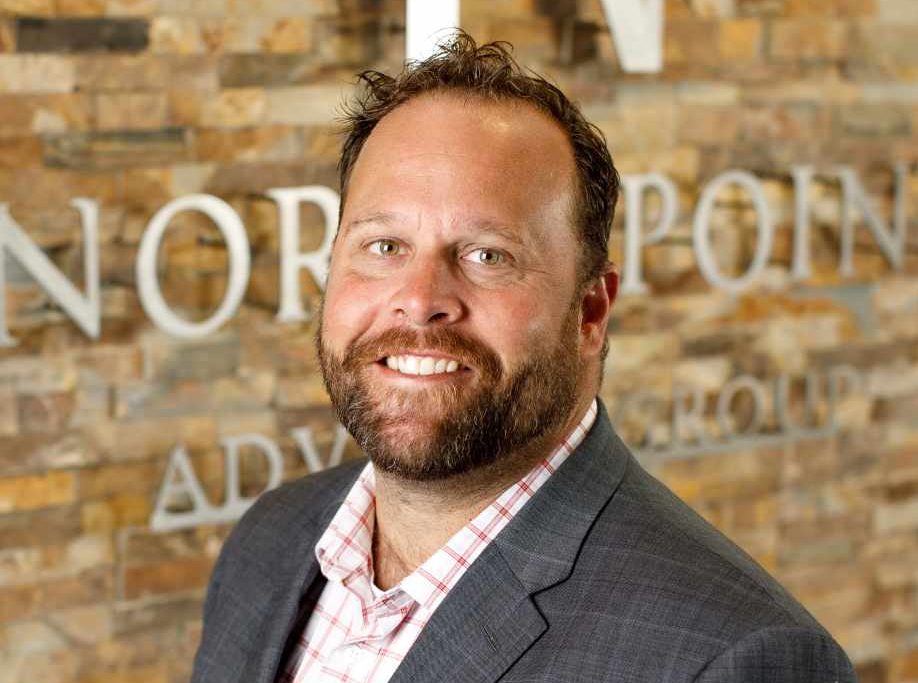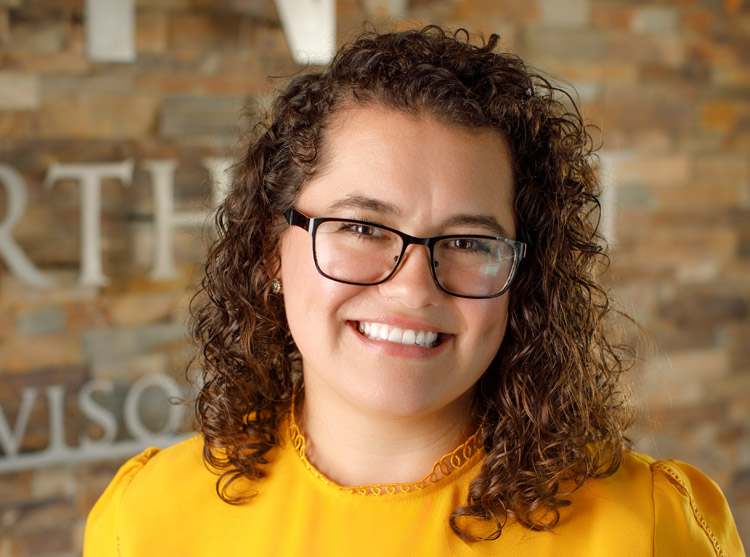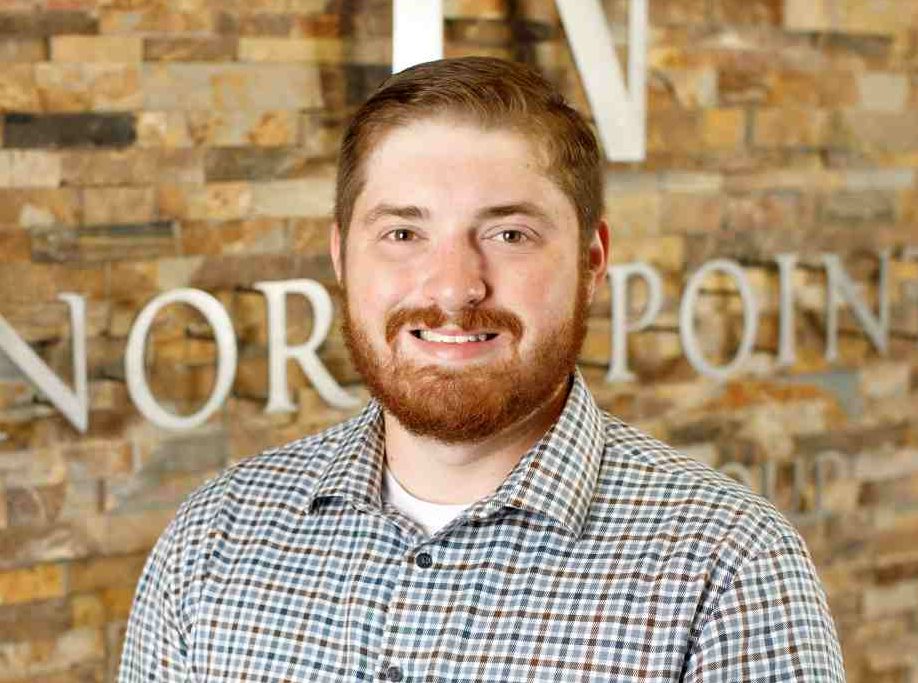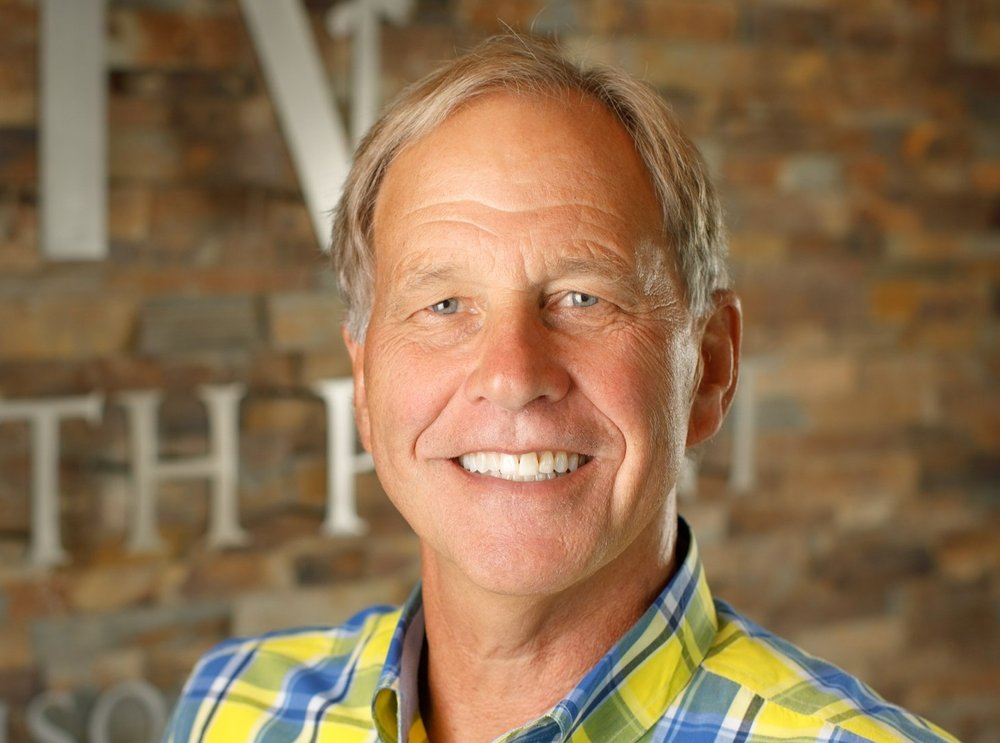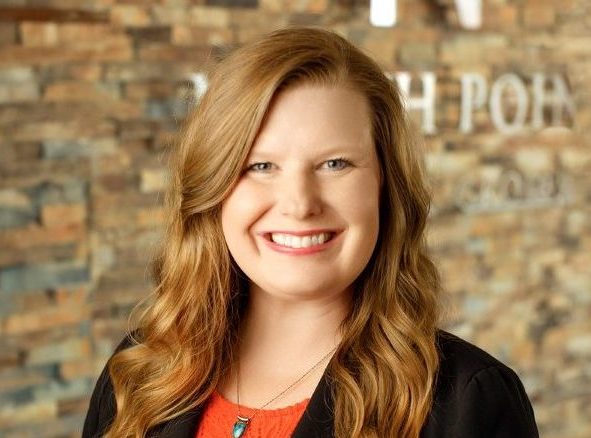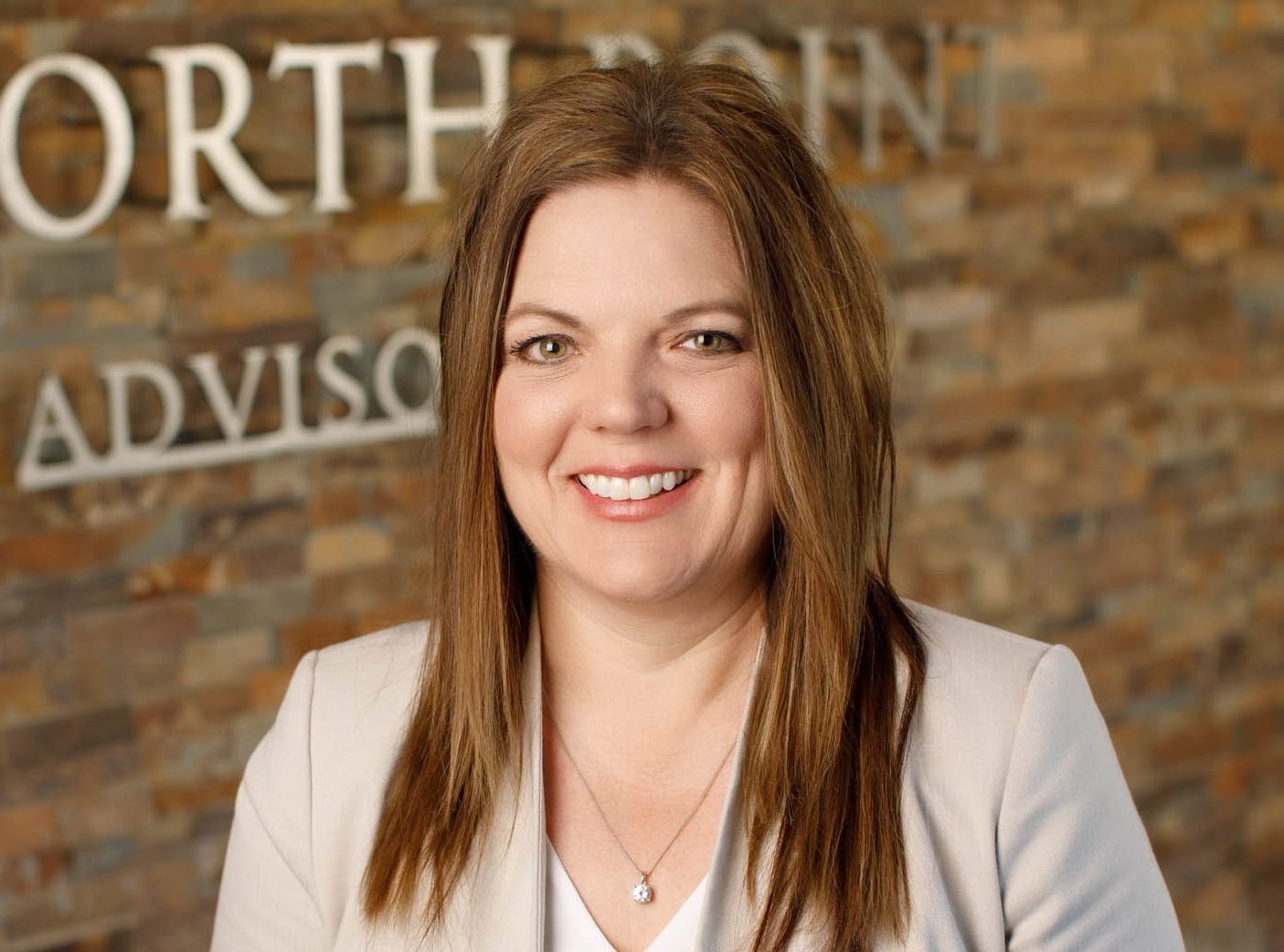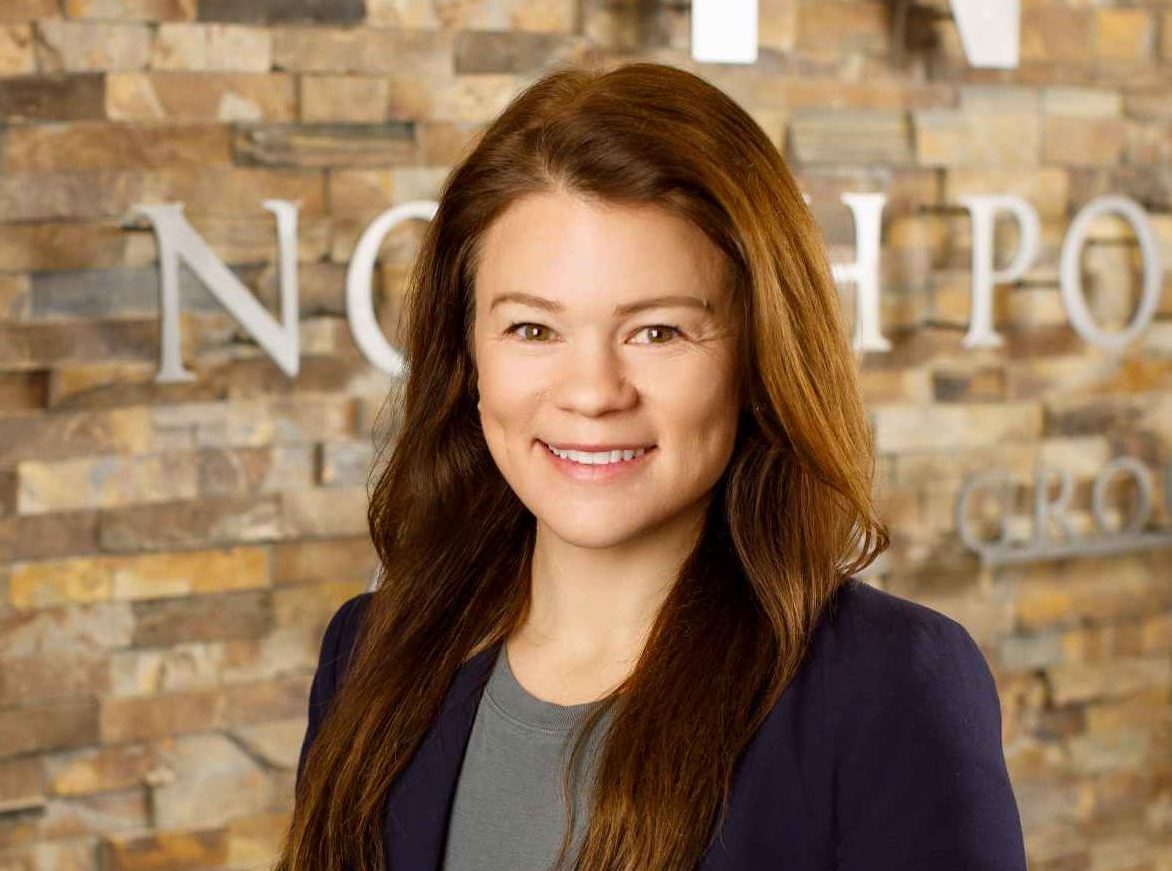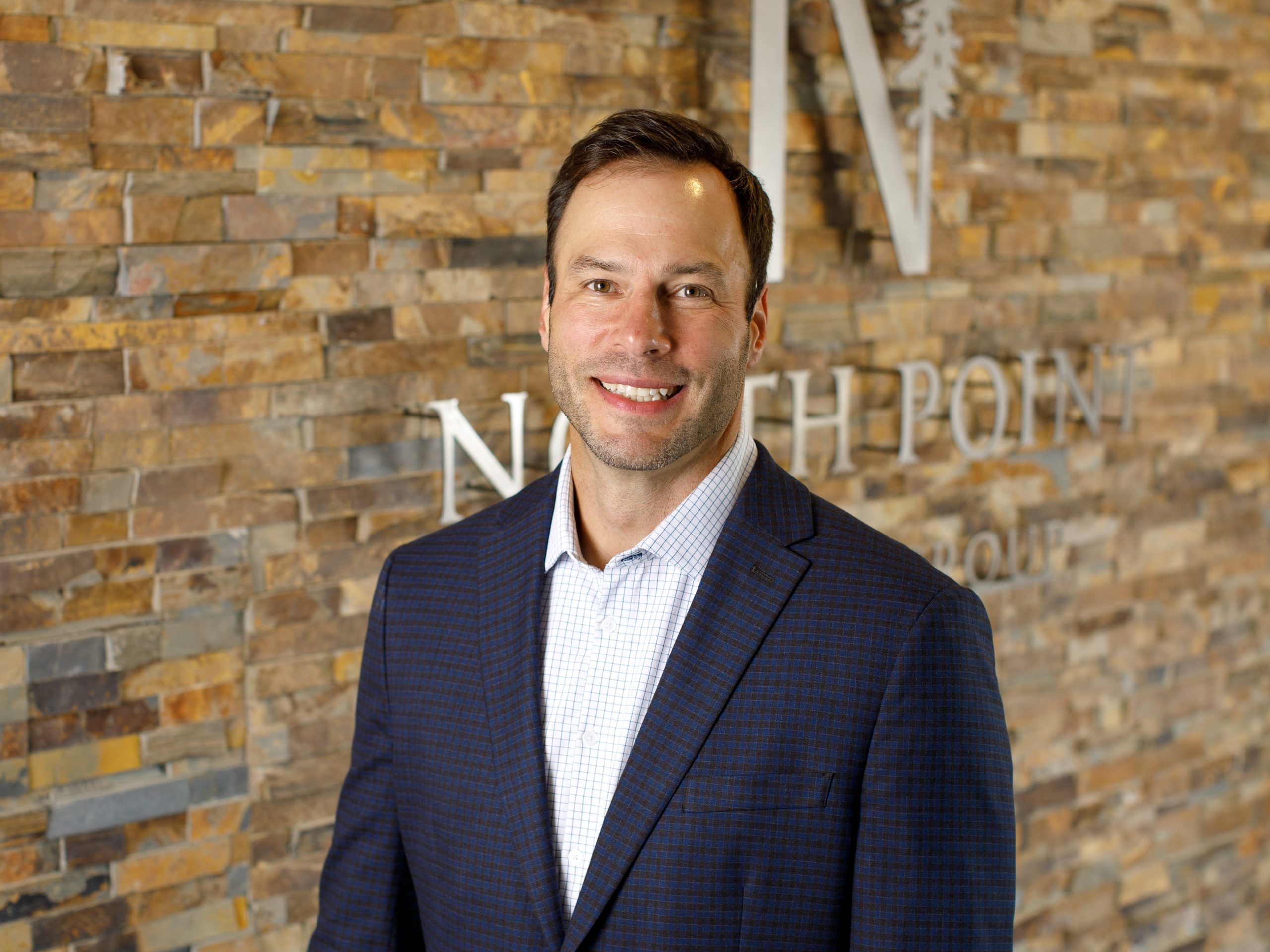Most retirement advertisements show a couple walking down a beach, dining with friends and family, or enjoying their favorite hobby. Everyone’s carefree and happy. Like most dreams, it doesn’t quite match up with reality. Retiring has a psychological component that’s often overlooked. My hope is this article helps address some of these areas so you can enter retirement with confidence, and the right mental attitude.

Transitioning from Savers to Spenders
Most of our clients have worked hard their entire lives to get to the point where they can retire. They’ve become disciplined in their savings and take personal pride in watching their retirement savings accounts grow over the years. For some, their account balance is a badge of honor.
Over the decades, that positive psychological approach to saving has become deeply ingrained in their psyche. When we start discussing the withdrawals they’ll need to take from their accounts, you can almost see their concern, realizing their retirement nest egg is going to be raided…. and by all people, it’s them doing it!

If this sounds like you, take it as a compliment. It’s the reaction we see from our most successful retirees. I believe it’s because they understand the significance of the decision to retire. This is why having a detailed and accurate retirement plan that projects out multiple scenarios is so important. Once we know the plan is solid, we talk through the emotional struggle of tapping into their pride and joy. I’d like to think it’s something we say or do that eventually gets them comfortable… but the reality is, it just takes some time to process this new reality.
The good news? Within a few months, most people have adapted to using their retirement accounts for the purpose they were built for all along: to provide a safe and comfortable retirement.
Your REAL Plan
After adjusting your mental framework around your retirement assets’ purpose, the real challenge begins: getting you and your spouse on the same page. This is important for couples in all stages of life, but it magnifies in retirement when you have more time to do things that cost money (travel, hobbies, etc.) and a finite amount of retirement assets to support those costs.
It’s critical that both spouses are fully involved in the pre-retirement planning stage, regardless of which one traditionally took care of the finances in the past.

I’ve worked with couples for decades before they retired. All along the way, we had a retirement plan with all the particulars — the when, who, how much, etc. Then something happens in the last 12 months before their retirement date. It sets in that this is about to become reality. It’s no longer a hypothetical scenario. It’s real life!
This is when new disagreements about the plan often pop up. Some are immaterial, but sometimes there’s a meaningful change to the plan that needs to be made. Like many things in relationships, it comes down to open and honest communication and a bit of compromise. Eventually, there’s a final, REAL plan that both spouses agree on and understand.
Beyond the Numbers
Now that the retirement plan is in place, you might think you’re all set to jump into retirement, but retirement planning is much more than the financials. A couple of key components that fall outside of a traditional financial plan need to be addressed.
Estate & Elderly Care Planning
OK, nobody I’ve met likes this part, and many people avoid the topic altogether. In fact, 76% of Americans don’t have a basic will (source link). Almost everyone we talk to about this recognizes the need for one, so why don’t they take action? It brings up thoughts of your own mortality, personal experiences with loved ones, and other emotions people avoid thinking about. But it’s critical to get this done.
Not having a plan leaves your estate to the probate courts, which can be a long and costly affair. It also prevents you from leaving a legacy on your terms.
I highly encourage married couples to not only get the necessary legal documents in place, but to also share their plan with their immediate family or beneficiaries. I’m a firm believer that it’s better to have a few awkward conversations now than to leave your loved ones guessing after you’re gone.
Your Purpose. Your True North.
This is the most overlooked aspect of retirement planning. Having a purpose in retirement beyond leisure and “doing whatever we want” leads to happier, healthier, and longer lives. Retirees are 28% more likely to suffer from depression than non-retirees of the same age (source link). This is often due to the void left behind when careers and family duties are no longer front and center.
Depression is directly linked to a higher risk of diabetes, cardiovascular diseases, and premature death (source link). Your mental and physical health depend on having a purpose in your life.
That purpose can be volunteering for a cause you’re passionate about, taking a part-time job doing something you’ve always wanted, rekindling hobbies you didn’t have time for, or helping loved ones.

At North Point, we call this part of planning the True North Method. We believe financial planning goes beyond the numbers on investment reports and financial projections. Those are simply the tools we use to accomplish your real-world goals for you and your family. Defining your True North is a critical piece to making a plan work. It gives you the motivation to stay disciplined and engaged with your financial plan by aligning it with your purpose.
Retirement is a new chapter, not just financially, but emotionally and relationally. For couples, it’s an opportunity to align your goals, revisit your shared vision, and prepare for a life that’s both secure and fulfilling. By acknowledging the mindset shifts and having intentional conversations now, you’ll be better equipped to enjoy this next season together and ensure it supports your purpose, values, and the life you’ve worked so hard to create.
So… what’s your True North?
Source Links: https://pmc.ncbi.nlm.nih.gov/articles/PMC9288177/#:~:text=Prevalence%20of%20depression%20among%20retirees,the%20overall%20older%20adult%20population.
https://www.caring.com/caregivers/estate-planning/wills-survey/






